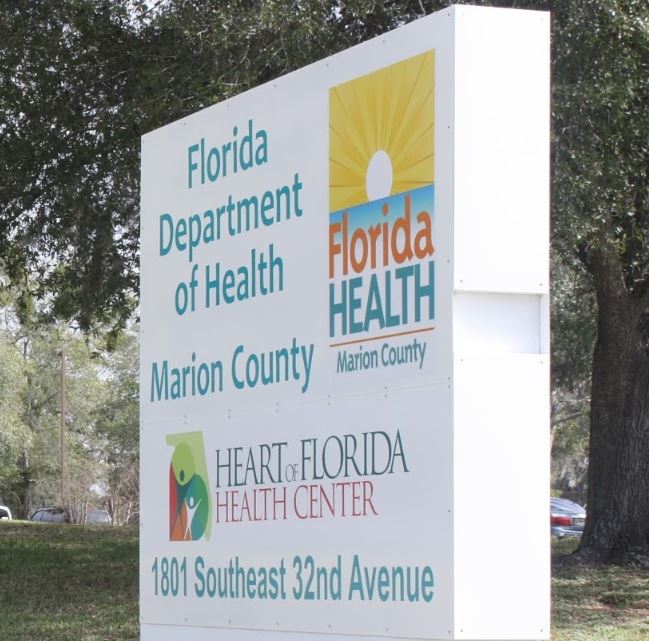
Marion County — Recently, there has been outrage on social media aimed toward the Florida Department of Health in Marion County for providing press releases to the media regarding restaurant employees who were infected with hepatitis A.
Ocala Post spoke with the health department to clarify some of the misinformation and false speculations being spread via Facebook.
First and foremost, the health department says they did not single out a specific restaurant. Officials say they follow the same procedures in every situation and that, the procedures clearly work and prevent hepatitis A from spreading from person to person, or employee to patron.
Secondly, the rumor that more than 50 restaurants in Marion County had infected employees, was, in fact, a rumor.
The following is the response from the county health department in its entirety.
To answer the public’s concerns:
The Florida Department of Health in Marion County has had 113 cases of hepatitis A in since January 1, and less than 4% of all individuals diagnosed with hepatitis A worked in the foodservice industry.
How the whole process works:
Within one day of a case of hepatitis A being reported to the Department of Health (DOH), a county health department epidemiologist interviews the affected individual to determine: the onset of illness, travel exposures, occupation, food history, housing, recent incarceration, use of drugs, social and environmental behaviors, and medical information.
Any time someone identifies his/her occupation as being a food service employee, the county health department investigator conducts a joint unannounced assessment of the facility with the regulatory agency of that establishment (Department of Business and Professional Regulation if it is a restaurant, Agriculture and Consumer Services if it is a grocery store). These protocols for investigating hepatitis A cases are based on the national standards from the FDA and the CDC.
During the joint assessment, the team reviews the roles that the food employee had in the facility, work schedule, hand hygiene practices if there is bare hand contact with ready to eat foods, illness policy of the facility, and previous inspection results from the appropriate regulatory agency. Per national (Advisory Committee on Immunization Practices) recommendations, close contacts of the infected case, including other food workers, are offered the hepatitis A vaccine.
If these criteria are not met, and/or the food employee was symptomatic while working, there may be a potential risk to public health. In these instances, the DOH provides timely recommendations for vaccination to protect those who might have been exposed. This may result in the DOH issuing a patron notification. If these conditions are met, there is little to no risk of exposure, and no patron notification is issued.
Patron notifications are vital to preventing the spread of hepatitis A and are only issued when necessary, as determined by these protocols. To prevent exposed individuals from contracting hepatitis A, the hepatitis A vaccine can be administered up to two weeks after exposure.
To date, the DOH has not identified a single case of hepatitis A transmission from a food worker to a restaurant customer in the state of Florida. This very low risk is because the process for patron notifications is so effective. Additionally, the sanitary protocols and policies that restaurants are required to follow (such as handwashing, glove use, sick policies, etc.) are designed to prevent the spread of any disease or infection, including hepatitis A.
The most important action that individuals can take to prevent hepatitis A is proper handwashing (20 seconds with soap and water) after using the restroom and before eating. Alcohol-based hand sanitizers are not effective against the hepatitis A virus. Anyone who may be at risk of contracting hepatitis A, such as individuals experiencing homelessness or illicit drug users, should be vaccinated. Individuals with liver disease or those over 60 years of age with an underlying medical condition should speak with their health care provider about receiving the hepatitis A vaccine.
The Department of Health in Marion County continues to offer the vaccine for free Monday – Friday during normal business hours.
